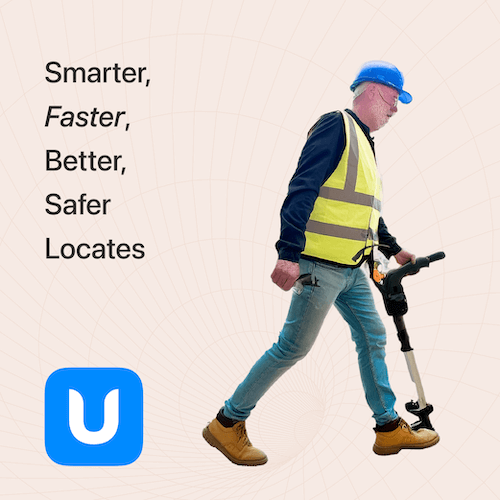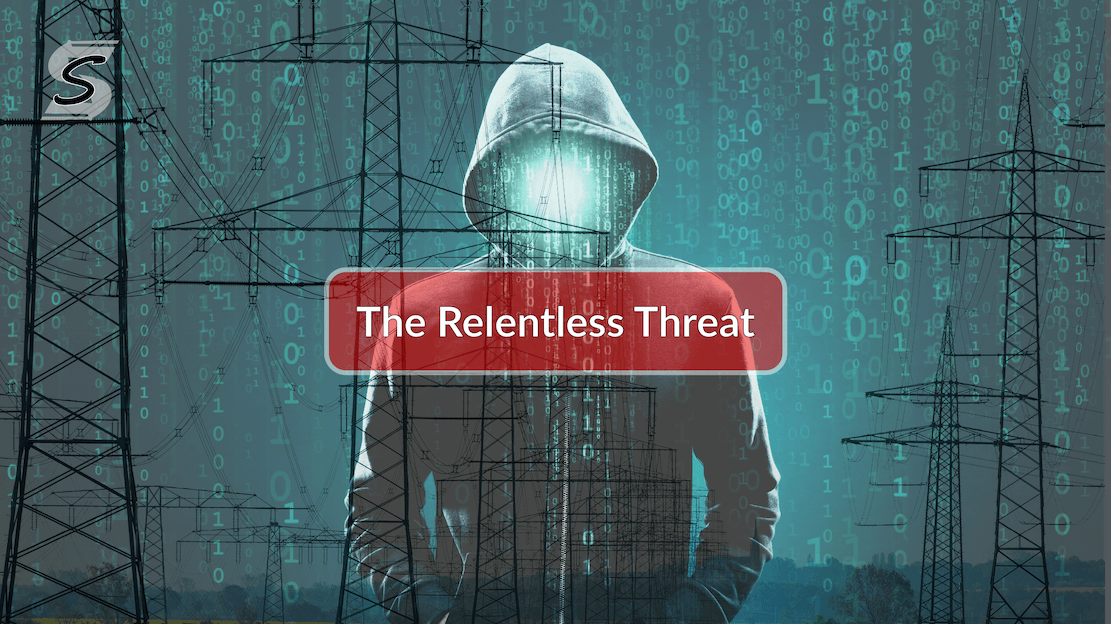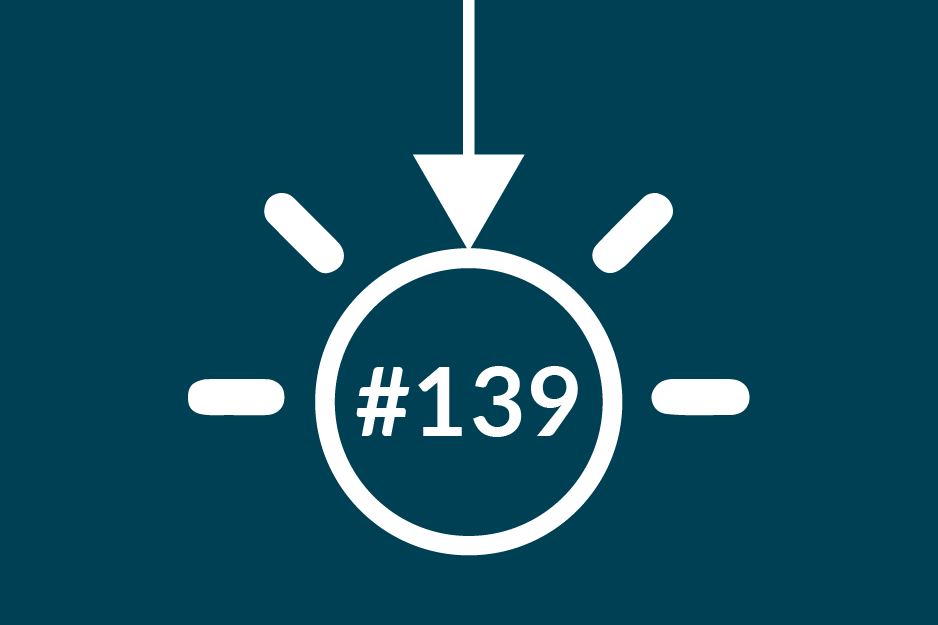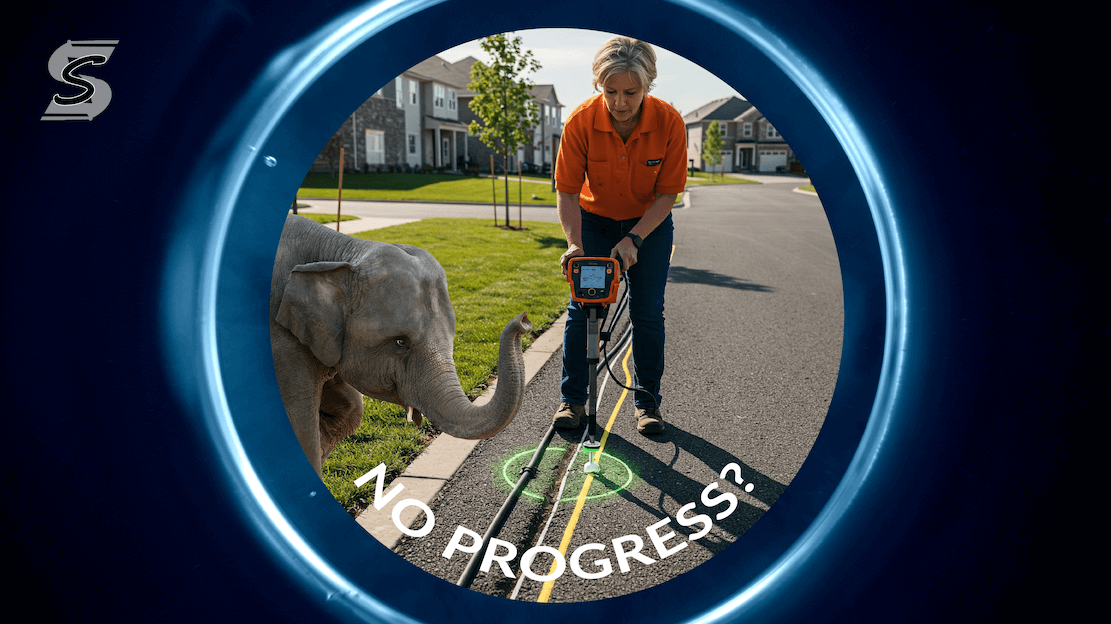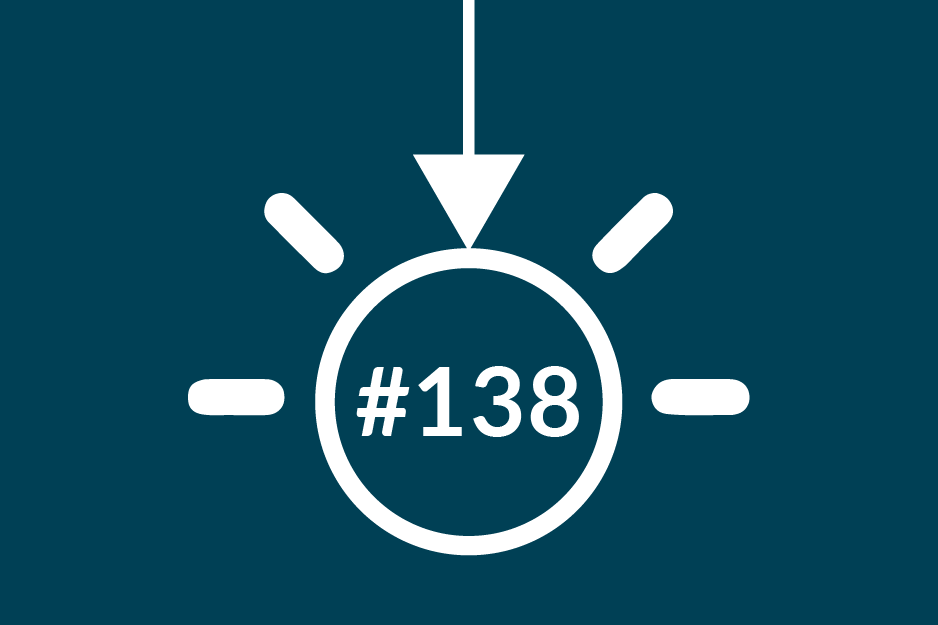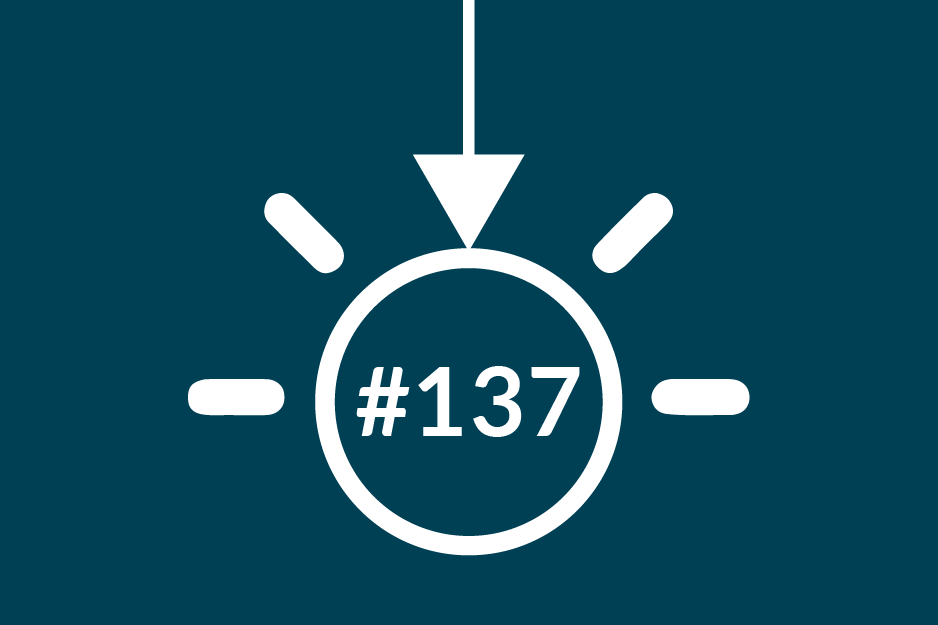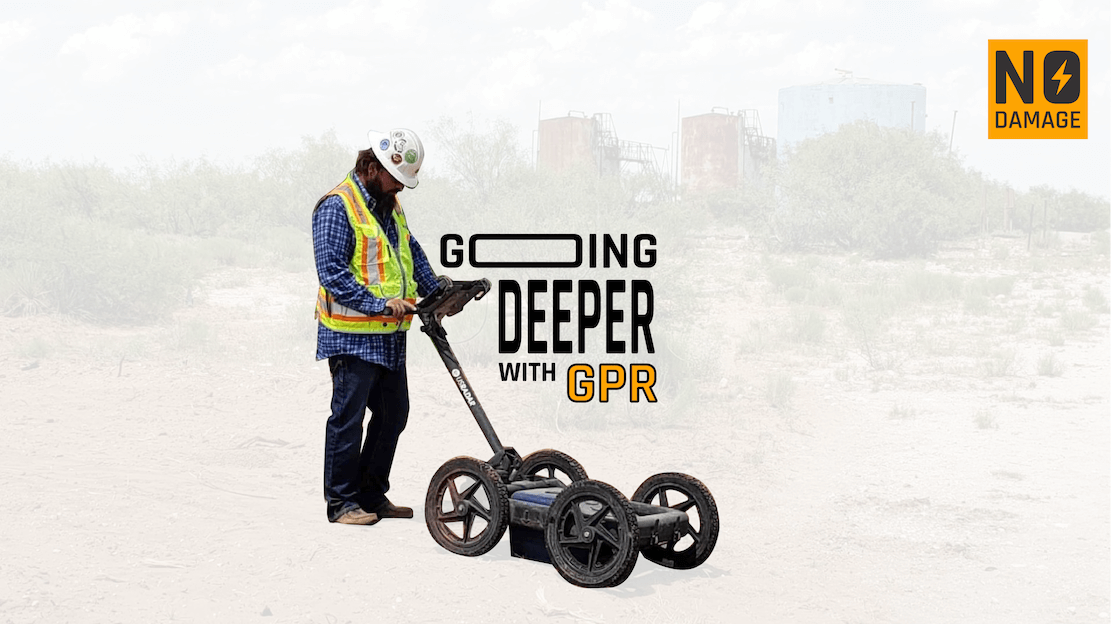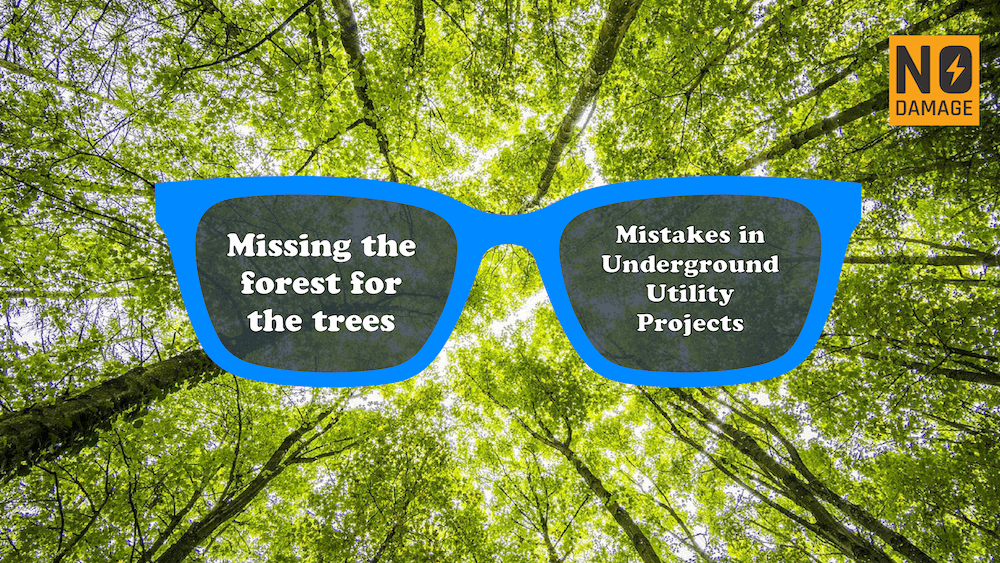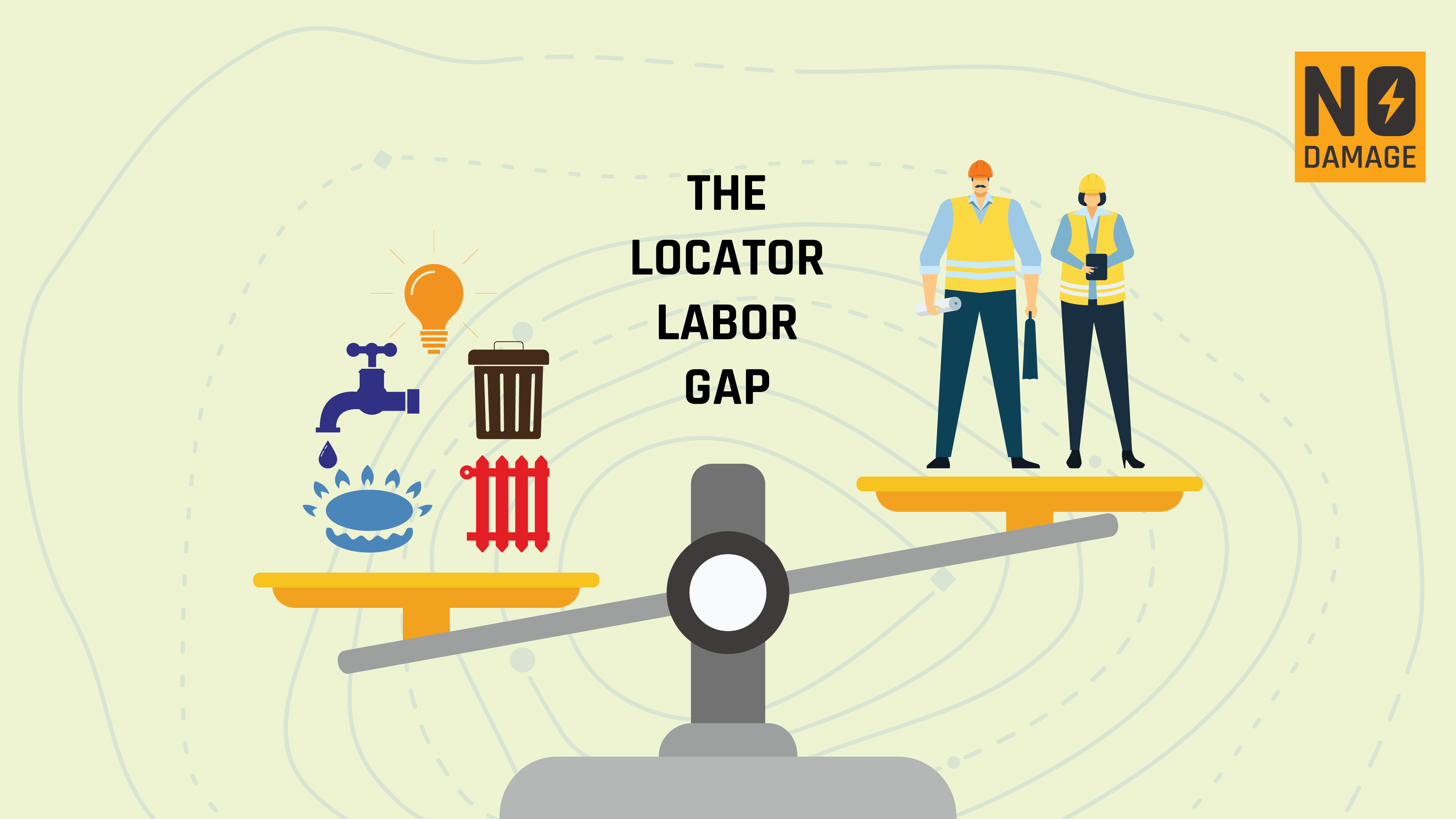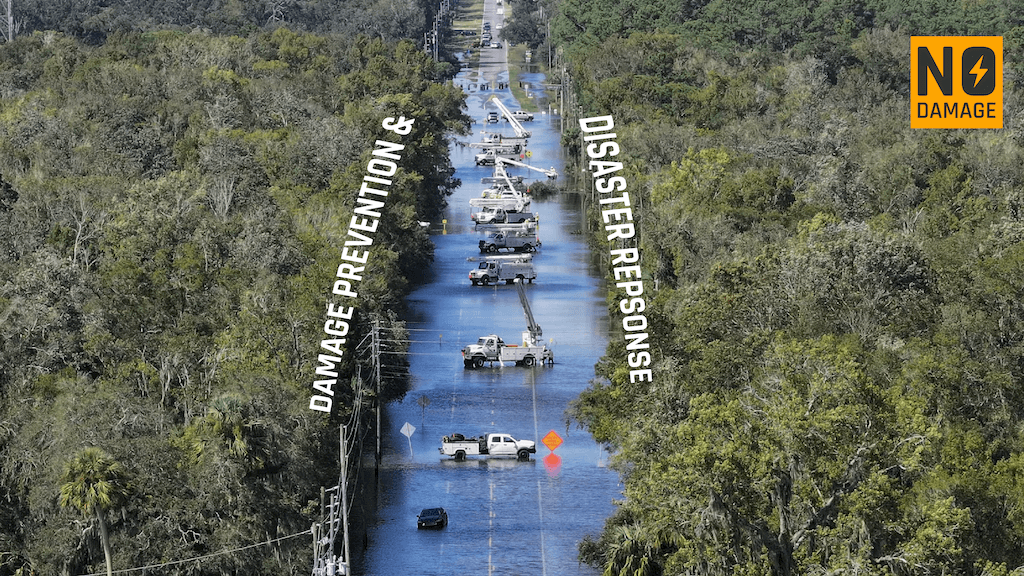
Everyone’s heard of BitCoin and cryptocurrencies but the technology behind them is still somewhat under the radar. It’s called blockchain and it is really a means of sharing and protecting data in a very secure way. In the world of utility data management, the reluctance of companies to share their valuable data has long been a major hurdle. This hesitancy, often driven by concerns about data security and competitive advantage, can lead to significant challenges in preventing damages and improving overall productivity. However, the integration of blockchain technology is poised to revolutionize this space, offering a range of solutions that promise safer and more efficient utility locating and mapping processes.
According to Amazon AWS:
“Blockchain technology is an advanced database mechanism that allows transparent information sharing within a business network. A blockchain database stores data in blocks that are linked together in a chain. The data is chronologically consistent because you cannot delete or modify the chain without consensus from the network. As a result, you can use blockchain technology to create an unalterable or immutable ledger for tracking orders, payments, accounts, and other transactions. The system has built-in mechanisms that prevent unauthorized transaction entries and create consistency in the shared view of these transactions.”
Or in other words its a really secure way of storing, accessing and using data. Utility locate data is really valuable and I think it would benefit from this technology. Here’s are 5 ways I think it would benefit us as an industry:
-
Real-Time Updates and Notifications
With the blockchain's ability to provide instant, accurate information on the location of utility lines and infrastructure, construction and excavation teams gain an upper hand in damage prevention. Accurate and up-to-date data reduces the chances of accidental damage, mitigating the costly and potentially dangerous accidents that can arise when working around utility lines.
-
Automated Alerts and Smart Contracts
Smart contracts, a hallmark of blockchain technology, introduce automation into the equation. These contracts can trigger automated alerts and notifications when construction or excavation activities are planned near utility lines. As a result, relevant utility companies can efficiently conduct safety checks and implement necessary precautions. This not only reduces the risk of damage and accidents but also minimizes the need for manual oversight, streamlining operations and increasing productivity.
-
Reduced Disputes and Enhanced Collaboration
Blockchain transactions and data updates are transparent, allowing for quicker and fairer dispute resolutions. In case of damage disputes related to utility infrastructure, the blockchain's transparent history provides a clear record of events and responsible parties. This transparency minimizes legal battles and associated costs, fostering a more collaborative environment among stakeholders. One big opportunity for us as an industry would be the ability to share maps while retaining ownership - you could even rent them out and receive $$$$ when being used by other stakeholders. We actually discussed some of this on the Roundtable last week at the Texas 811 Damage Prevention Summit.
-
Traceability and Data Standardization
Blockchain technology simplifies the process of tracing the maintenance and repair history of utility infrastructure. This traceability fosters accountability and encourages timely maintenance, lowering the likelihood of unexpected failures.
-
Regulatory Compliance
In a heavily regulated industry, blockchain assists in maintaining compliance with safety and environmental standards. By automating compliance checks and recording them on the blockchain, organizations can reduce the risk of fines and legal penalties.
Here are some Examples of Blockchain Integration in Utility Management
-
ArcGIS Blockchain Integration: Esri, a leading provider of geographic information system (GIS) software, has integrated blockchain technology into its ArcGIS platform. This integration allows users to create and manage spatial data records in a blockchain, ensuring data integrity and transparency. It is particularly useful for land and property records, supply chain mapping, and more. 🔗
- Georgia's Land Registry on Blockchain: Several countries are exploring the use of blockchain for land registry and mapping. The Republic of Georgia has implemented a blockchain-based land registry system to reduce corruption and enhance trust in land ownership records. This technology can be used to maintain accurate and immutable land maps. You can read more about it here: https://exonum.com/story-georgia
In conclusion, integrating blockchain technology into utility locate and mapping data management offers a transformative solution to the resistance which has been present in our industry thus far. This innovation provides a secure and transparent platform for data management, real-time updates, automation, and improved collaboration among stakeholders.
As companies grapple with the reluctance to share critical data, blockchain technology offers a safer and more efficient way to share utility location and map data. The future looks promising, and ticket management systems like Utilocate could incorporate integration with blockchain technologies, feeding accurate and secure data back to 811 centers and excavators, ensuring a safer, more productive future for all. In fact Utilocate is aligned to take advantage of Amazon’s Blockchain services as it’s already hosted on AWS servers. So now we need some guinea pigs!
Share this Post
